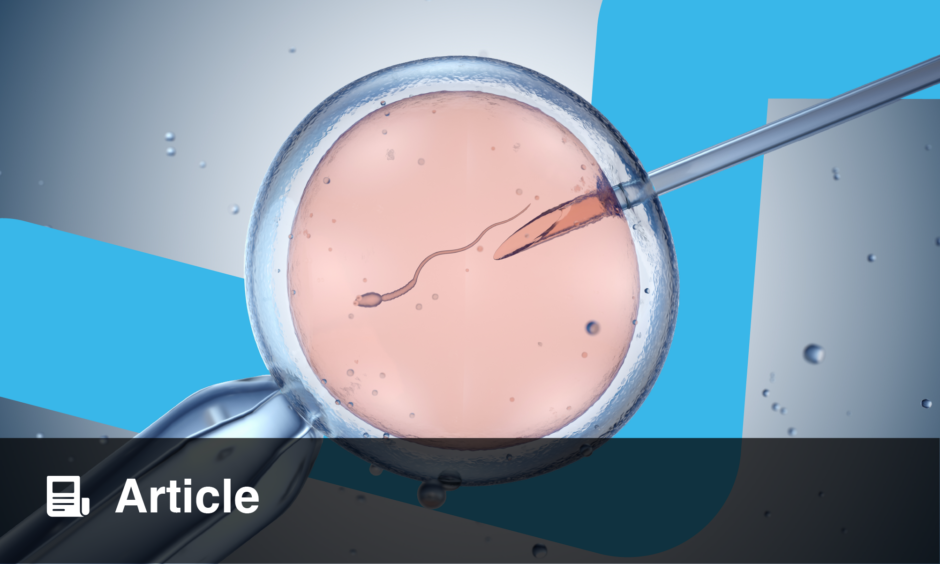PRIOR testosterone exposure does not negatively affect oocyte cryopreservation outcomes in transgender and gender-diverse adolescents and young adults. Research conducted by Northwestern Feinberg School of Medicine, Chicago, Illinois, suggests that fertility preservation is equally effective in testosterone-exposed and testosterone-naïve individuals.
The study, led by Sarah Capelouto Cromack, aimed to assess whether testosterone exposure impacted the number of mature oocytes retrieved and frozen in gender-diverse patients undergoing fertility preservation. The retrospective cohort study included 93 transgender and gender-diverse individuals referred to Northwestern’s fertility preservation program between 2014 and 2023.
All participants who had been using testosterone therapy discontinued it at least eight weeks prior to egg retrieval, following current best practices. A total of 37 individuals pursued oocyte cryopreservation, with 31 being testosterone-naïve and six having had prior testosterone exposure for a median of 42 months. Despite the difference in testosterone exposure, the study found no significant differences in the number of oocytes retrieved or the number of mature oocytes frozen. The median number of oocytes retrieved was 28 for testosterone-naïve individuals and 32 for testosterone-exposed individuals, with both groups freezing a median of 21 mature oocytes.
One notable aspect of the study was the success of oocyte cryopreservation among younger patients, with multiple individuals aged 15 or younger undergoing successful preservation. The youngest participant was just 10 years old with lead author, Cromack, emphasising that age alone should not be a limiting factor when offering fertility preservation to gender-diverse individuals, especially once they reach the peripubertal stage.
Cromack also hopes that the study’s findings will encourage advocacy for expanded insurance coverage of fertility preservation across the US. “Our findings offer reassurance that fertility preservation can be performed effectively in transgender and gender-diverse individuals who have previously been exposed to testosterone,” summarised Cromack. Overall, these results provide vital information for clinicians and patients alike, showing that with proper management, fertility preservation is feasible and effective for gender-diverse individuals, regardless of prior testosterone exposure.
Abigail Craig, EMJ
Reference
Cromack SC, et al. Oocyte cryopreservation in transgender and gender-diverse individuals with or without prior testosterone use. Obstet Gynecol. 2024;DOI: 10.1097/AOG.0000000000005749.








